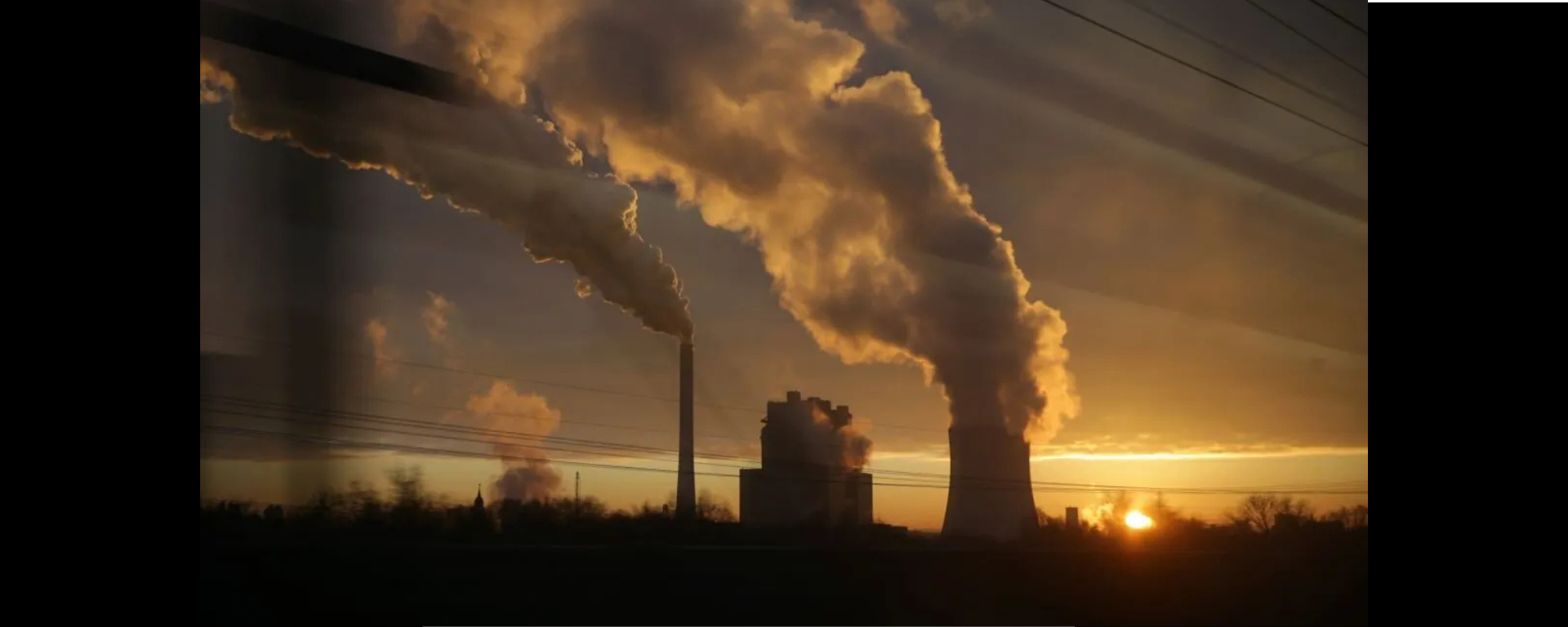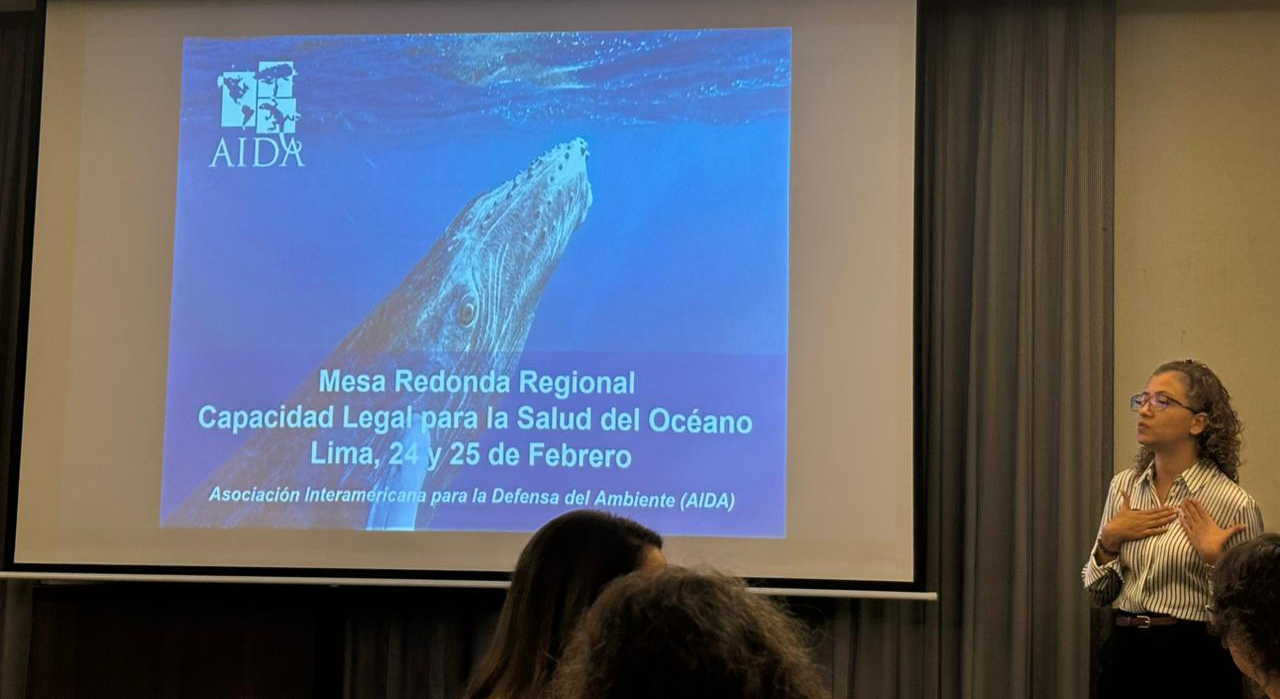The global coal landscape has been in transformation for almost a decade, marked by a collapse in the amount of planned coal power plants. Coal power is at the edge of a precipice, facing political and civil opposition and increasingly uncompetitive economics. COP26 set the goal of consigning coal to history with its call to phase down unabated coal power, and COP28 strengthened the commitment by reaffirming that language alongside a call to triple renewables capacity by 2030, reflecting the growing momentum away from coal and towards clean power across the globe.
Since the adoption of the Paris Agreement in late 2015, there has been a 68% reduction in global pre-construction capacity, and new construction starts are at their lowest outside of China since data collection began.
In 2023, twelve new countries committed to No New Coal by becoming members of the Powering Past Coal Alliance (PPCA). As of January 2024, 101 countries have either formally committed to No New Coal or have abandoned any coal plans they had in the last decade. This shows a growing awareness of the need to shift to cleaner and more sustainable energy sources, even in places where coal has previously been a major part of the energy mix. At COP28, 130 countries signed the Global Renewables and Energy Efficiency Pledge, signalling their intention to phase out unabated coal power and stop investing in new unabated coal-fired power plants within this decade while ramping up renewables and energy efficiency.
Key findings:
- Global operating coal capacity grew by 2% in 2023, with China driving two-thirds of new additions, and a small uptick was seen for the first time since 2019 in the rest of the world.
- China and the ten countries following it account for 95% of the global pre-construction capacity. The remaining 5% is distributed among 21 countries, eleven of which have only one project and are on the brink of achieving the “no new coal” milestone.
- Outside of China and India, pre-construction capacity is currently at its lowest since data collection began, but growth in these two countries resulted in the total global capacity in pre-construction increasing by 6% in 2023.
Oyku Senlen, Samora Levy, Hanna Hakko, Yoko Mulholland and Katrine Petersen from E3G contributed to this report produced by the Global Energy Monitor, the Centre for Research on Energy and Clean Air (CREA), Reclaim Finance, Sierra Club, Solutions for Our Climate (SFOC), Kiko Network, CAN Europe, Bangladesh Groups, Trend Asia, Alliance for Climate Justice and Clean Energy, Chile Sustentable, POLEN Transiciones Justas, Iniciativa Climática de México, and Arayara.
Picture: Coal power plant at sundown near Leipzig, Germany












